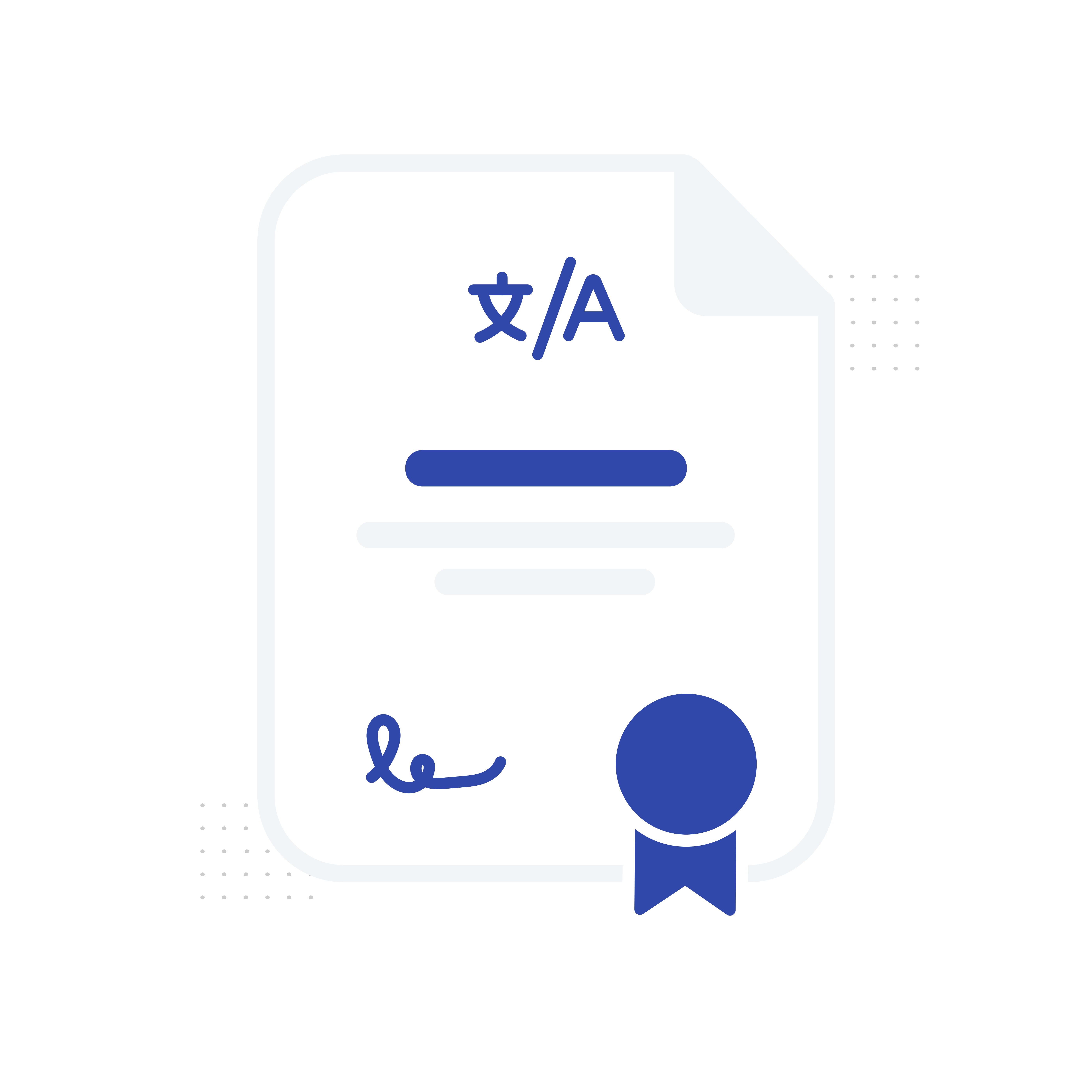Introduction
The complexities arising from disparities between the Pakistani and American educational systems highlights the crucial necessity for a thorough grasp and skillful interpretation of Pakistani degrees. While Immigration lawyers play a pivotal role in guiding applicants through the immigration process, the expertise of reliable credential evaluators is essential to ensure that Pakistani educational achievements are properly assessed and recognized by U.S. immigration authorities. This blog post delves into the intricacies of Pakistani degrees, explores USCIS requirements specific to these qualifications, and emphasizes the indispensable collaboration between immigration lawyers and credential evaluators in achieving successful outcomes for their visa applicants.
Understanding Pakistani Degrees
Pakistan's higher education system features a mix of public and private institutions offering a wide array of academic programs in fields like arts, science, engineering, medicine, and business. While each province has its own Ministry of Education or Ministry of Higher Education, the Higher Education Commission (HEC) plays a crucial role in overseeing institution establishment, accreditation, and quality assurance, ensuring adherence to academic standards and facilitating diversity within the sector.
Pakistan's higher education system offers diverse undergraduate programs, including 2-year Bachelor's (Pass), 3-year Bachelor's (Hons), and 4-year specialized degrees. Medical programs take five and a half years, with additional education after a Bachelor's pass degree. Recent introductions include 4-year bachelor's degrees alongside 2- and 3-year options. Vocational and technical education provides certificates and diplomas lasting 2 to 3 years, while postgraduate education comprises 2-year master's degrees and several-year doctoral programs. These developments reflect Pakistan's evolving higher education landscape, emphasizing accessibility and academic quality through accreditation and quality assurance mechanisms.
Recent changes in Pakistan’s higher education system have seen the phasing out of the Bachelor’s (Hons) as well as the two- and three-year bachelor's degrees to conform to global education standards and enhance comprehensiveness. The process of phasing out these shorter-duration bachelor's degrees is an ongoing process, and the last students with bachelor's degrees representing completion of fewer than 4 years of coursework are expected to graduate in Fall 2024.
How to Evaluate Pakistani Degrees
Evaluating Pakistani degrees for US immigration requires meticulous attention to detail. Pakistan’s diverse array of Bachelor’s degrees can make it difficult to align Pakistani degrees with US standards. The key factors to consider are the entry requirements and the duration of the program. Pakistani Bachelor’s degrees that are fewer than four years in duration would not be considered equivalent to a US Bachelor’s degree. Moreover, Pakistani Master’s degrees that do not require the completion of a four-year Bachelor’s for entry are equivalent to a US Bachelor’s because they do not rise to the level of Master’s-level education in the US. A rule of thumb is that if the total duration of undergraduate and postgraduate study to obtain a Pakistani Masters is less than six years, the degree is only equivalent to a US Bachelor’s degree.

Required Documents for Pakistani Degree Assessment
DOWNLOAD NOWAnother thing to keep in mind when evaluating Pakistani degrees is the accreditation and recognition of the institution. Confirming that the institution is recognized by HEC is essential. HEC does maintain a list of fake/illegal universities that can be helpful to consult.
USCIS Requirements for Degrees
Navigating USCIS requirements when submitting Pakistani diplomas can be intricate. It commences with translating academic records into English, and USCIS scrutinizes the official recognition of your Pakistani educational institution. They seek authentic, comprehensive documents pertinent to your visa category. Partnering with MotaWord for academic evaluation services boosts the accuracy and credibility of your practice, harnessing linguistic and academic proficiency alongside your immigration expertise.
Academic Evaluation Services?
Benefits for Immigration Attorneys
Immigration attorneys handling cases with degrees from Pakistan stand to gain significant advantages from incorporating MotaWord into their practice. Here are the key benefits:
- Expertise in Pakistani Educational Systems: MotaWord's specialized knowledge of the Pakistani educational landscape enables immigration attorneys to navigate the complexities of the system with ease. This expertise includes understanding the structure of Pakistani degrees, grading scales, and academic equivalencies, ensuring accurate evaluations that align with USCIS standards.
- Timely and Efficient Services: MotaWord's efficient processes and team of skilled evaluators can expedite the evaluation and translation of Pakistani academic documents, saving attorneys valuable time in preparing immigration applications and supporting documentation.
- Tailored Solutions: MotaWord provides customized evaluation services, allowing immigration attorneys to select the level of evaluation needed, whether it's a basic assessment or a comprehensive review. This flexibility ensures that attorneys receive precisely what their clients require for their unique immigration cases.
- Accuracy and Consistency: MotaWord's commitment to accuracy and consistency in document evaluation and translation enhances the credibility of the immigration attorney's submissions, reducing the risk of errors or misunderstandings that could lead to complications in the immigration process.
- 24/7 Comprehensive Support: MotaWord offers comprehensive support throughout the evaluation process, from initial document submission to the delivery of the final evaluation report. This support includes addressing any queries or additional requirements, ensuring a smooth and hassle-free experience for immigration attorneys and their clients.
Conclusion
Understanding Pakistani degrees and their alignment with U.S. immigration criteria is crucial for immigration attorneys. Recent changes in Pakistan's higher education system emphasize the shift toward comprehensive 4-year programs while phasing out shorter-duration bachelor degrees. To navigate these complexities, attorneys can benefit from partnering with MotaWord, leveraging their expertise, efficient services, tailored solutions, accuracy, and comprehensive support. This collaboration streamlines the immigration process, boosts credibility, and enhances the chances of successful immigration applications, benefiting both attorneys and clients.
/f/84976/2006x2006/102ca64136/uscis-essentials_-pakistani-degree-assessment-for-immigration-lawyers-hero.png)




